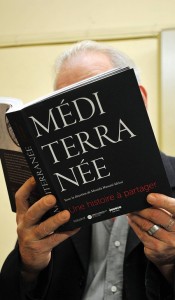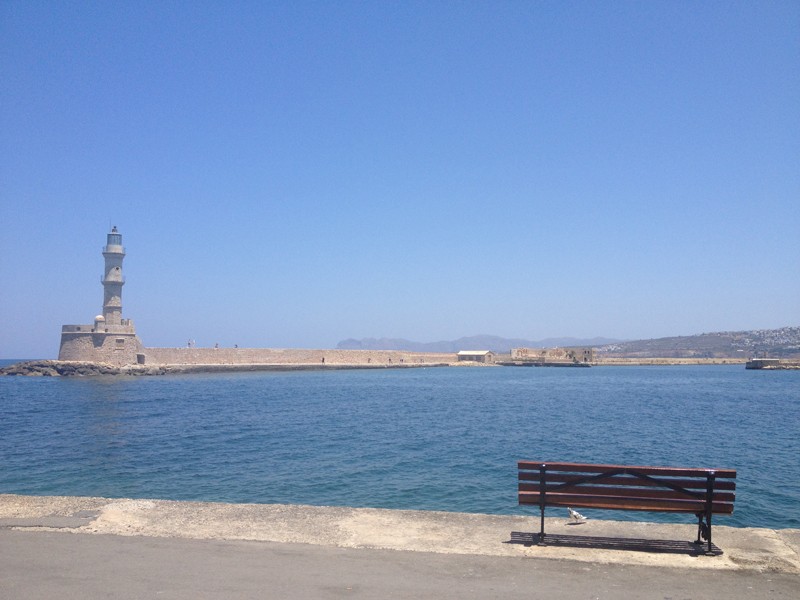Professor Mostafa Hassani Idrissi will be one of the keynote speakers at the First Annual International Conference on Cultural Relations in Europe and in the Mediterranean, organised by the Valletta 2018 Foundation with the support of the University of Malta, which will be held at the Valletta Campus on 4th and 5th of September.
A History Professor at the University Mohammed V Souissi of Rabat, in Morocco, he is the author and the coordinator of several books, the last of which is ‘Méditerranée, une histoire à partager’ (The Mediterranean, a history to be shared), published in 2013.
The project was initiated during the Mediterranean Cultural Forum that was held in Marseilles in November 2008, under the aegis of the French Presidency of the European Union, and was supported by Marseille-Provence 2013, European Capital of Culture.
15 educators and historians from eight countries of the northern and southern shores of the Mediterranean participated in the project, in order to present the most impartial interpretation of facts and offer a global and scientific approach.
The manual provides a new vision of the history of the Mediterranean, ranging from prehistory to the Arab Spring, retracing the steps of the definition of the Mediterranean identity. Each of the five chapters of the book is written by two authors, one coming from the North and the other one from the South, in order to have a balanced view and an interpretation key oriented towards fostering dialogue. Writing history can be considered as an attempt at rationalising memory and an operation to make objective what is subjective. In this research of impartiality, the historian has to be the re-interpreter the past, asking new questions, searching for new sources and new meanings in order to capture the essence of the facts and offer a multitude of perspectives at the same time.
A specific political vision emerges from the different critical studies, based on the criteria of an open-minded approach and cultural exchanges, which focus on cohesion and the diversity, rather than on the division and the uniformity, occurring in the Mediterranean context.
The book is designed as a training tool that can accompany existing national history curricula and reinforce the knowledge and skills of those working in the domain of history teaching, offering them a new method and a new critical perspective. Even if these tools target teachers, the book is easily understandable by everyone.
In the light of the analysis of the conflicts, the interactions and the exchanges occurred in the Mediterranean area during the centuries, Mostafa Hassani Idrissi and the other historians that took part in the project propose a new formula to develop the historical and critical thinking. Through a method that highlight interactions between the two shores of Mediterranean, the manual builds a common, plural and shared object, returning a different view of the Mediterranean history.
‘Dialogue in the Med’ is the first Valletta 2018 Foundation International Conference on Cultural Relations in Europe and the Mediterranean. This conference aims to address aspects of contemporary cultural relations in the Mediterranean in the framework of Valletta as European Capital of Culture. Various international speakers are invited to reflect on how this project can contribute to a dialogue and exchange of experiences in terms of cultural experiences and expressions across the Mediterranean. Keynote speeches will be delivered by Prof. Henry Frendo and Prof. Mostafa Hassani Idrissi. Presentations will be delivered in both English and French and translation between the two languages will be available throughout the conference.
The conference is to be held at the University of Malta, Valletta campus on the 4th and 5th of September 2014.or detailed information on the conference, and registration, please visit www.valletta2018.org/euro-med-international-conference





Comments are closed for this article!